Introduction: What Is Cavazaque?
Many people searching for “Cavazaque” may not realize it’s a common misspelling of the well-known Japanese motorcycle brand Kawasaki. While it may seem like a simple typing error, the misspelling of “Kawasaki” as “Cavazaque” reveals deeper challenges in language, pronunciation, and global branding. In this article, we’ll explore why this misspelling occurs, how it impacts branding, and how companies like Kawasaki handle such issues worldwide.
The Cavazaque Misspelling Phenomenon: Why Does It Happen?

Linguistic Barriers
Many non-Japanese speakers struggle with Japanese phonetics. The name “Kawasaki” has sounds that don’t exist in some languages, making it harder for people to pronounce or spell correctly.
- The “Kawa” part can become “Cava” in other languages.
- The “saki” can transform into “zaque” when people substitute unfamiliar sounds with those they are used to.
Cultural Adaptation
In some regions, foreign names are adapted to better fit local language rules. The transformation from “Kawasaki” to “Cavazaque” might result from people trying to make the name sound more natural in their own language.
Lack of Brand Awareness
Despite Kawasaki being a well-known brand globally, some people may not be as familiar with it. This unfamiliarity can lead to misspellings, especially if people are hearing the name in conversation without ever having seen it in writing.
The Impact of Misspelling on Global Brands Like Kawasaki
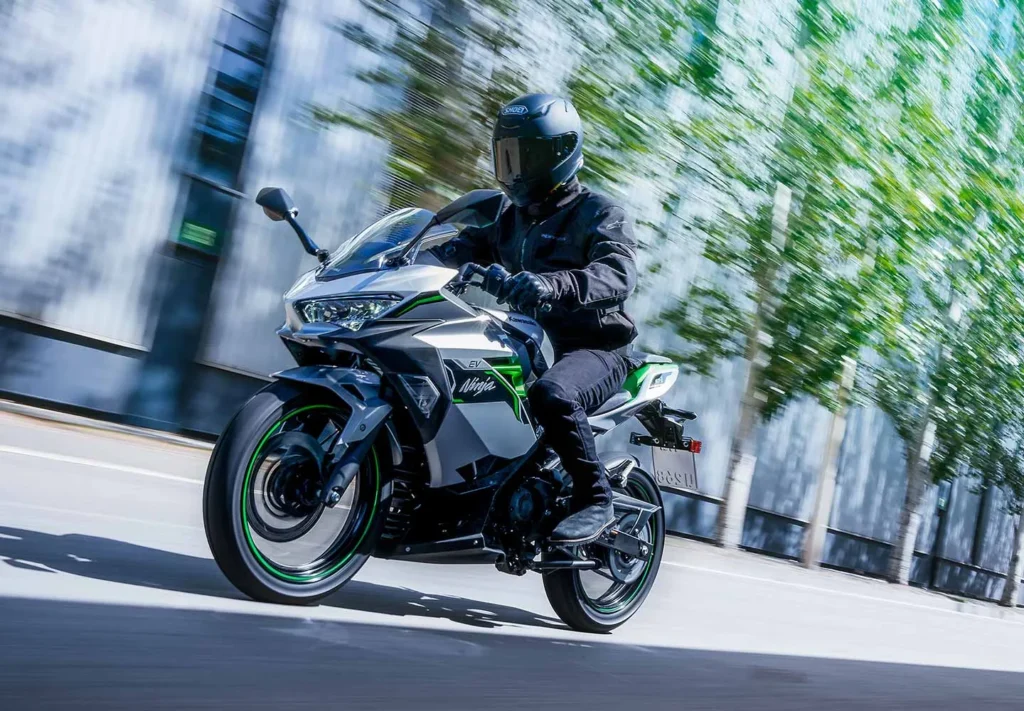
For a global brand like Kawasaki, maintaining a consistent name and identity is crucial. However, the Cavazaque misspelling highlights the challenges companies face when expanding into new markets with different languages. These challenges include:
Brand Recognition Issues
When the brand’s name is spelled incorrectly, it can weaken brand recognition. For example, people who search for “Cavazaque” might not even realize they’re looking for Kawasaki products.
Difficulty in Correcting Errors
Once a name like Cavazaque starts circulating online or in spoken language, it’s hard to undo the damage. Global brands need to invest in educating their customers to use the correct spelling and pronunciation.
How Brands Like Kawasaki Handle Misspellings
Kawasaki and other global brands are aware of these issues and take steps to address them. Some strategies include:
Educational Campaigns
Brands use advertisements, social media, and customer service to teach consumers the correct spelling and pronunciation. This helps people recognize the correct brand name.
Localized Marketing
By adapting marketing messages for different regions and languages, Kawasaki can make sure its brand identity remains clear. For example, in areas where pronunciation is difficult, they may adjust slogans or product names.
Consistent Branding
Companies ensure that their logos, website domains, and product labels all use the same spelling, making it easier for customers to remember the correct name.
Examples of Other Brands Facing Similar Issues

Kawasaki isn’t the only brand that has dealt with spelling or pronunciation challenges. Other examples include:
Nike
Pronounced “Nee-kay” in its original form, many people worldwide say “Nike” as “Nyke” due to different language patterns.
Hyundai
Many non-Korean speakers struggle with pronouncing “Hyundai” as “Hun-day,” even though the correct pronunciation is closer to “Hyun-dai.”
These brands have worked hard to educate consumers, just as Kawasaki must do with the Cavazaque misspelling.
Tips for Avoiding Misspelling in Global Branding
For companies looking to avoid similar issues, here are some important takeaways:
Understand Local Languages
Before entering a new market, research how your brand name might be interpreted. Will the local language create difficulties in spelling or pronunciation?
Use Visual Branding
Consistent logos and visual elements can help bridge language gaps. When people recognize your brand logo, they may be less likely to rely on incorrect spelling.
Leverage Social Media
Social media is a powerful tool for educating your audience about your brand. Short videos, engaging posts, and even memes can teach people the right way to say and spell your name.
Conclusion: Why Cavazaque Still Matters
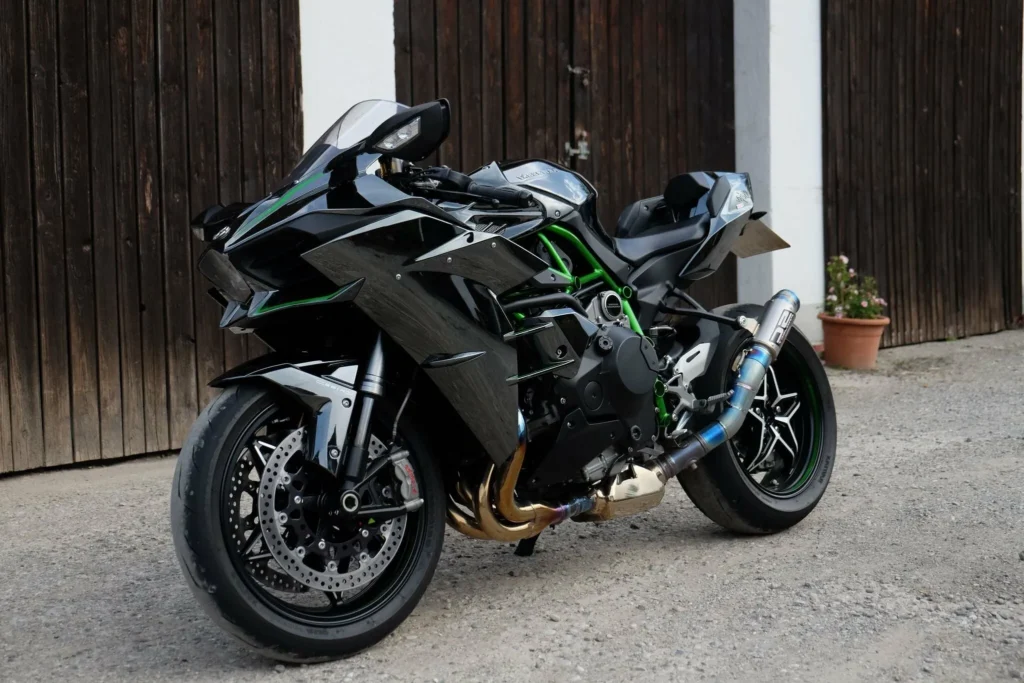
The Cavazaque misspelling may seem like a minor issue, but it underscores the importance of understanding language and culture in global branding. For a company like Kawasaki, it’s crucial to adapt to different linguistic landscapes while still maintaining brand identity. By recognizing and addressing these misspellings, Kawasaki can continue to strengthen its position as a leading brand worldwide.
FAQs
Why do people spell Kawasaki as Cavazaque?
The misspelling often occurs due to difficulties with Japanese pronunciation in other languages, leading people to substitute unfamiliar sounds with ones they know.
How does the Cavazaque misspelling affect Kawasaki?
It can cause brand recognition issues, making it harder for consumers to find the company’s products online or in stores.
What is Kawasaki doing to correct this error?
Kawasaki uses educational campaigns and consistent branding to teach customers the correct spelling and pronunciation of its name.
Can other brands experience similar misspelling issues?
Yes, global brands like Nike and Hyundai have also faced challenges with how their names are pronounced or spelled in different languages.
What can companies do to avoid misspellings?
Companies should research local languages, maintain consistent branding, and educate their audiences through marketing and social media.








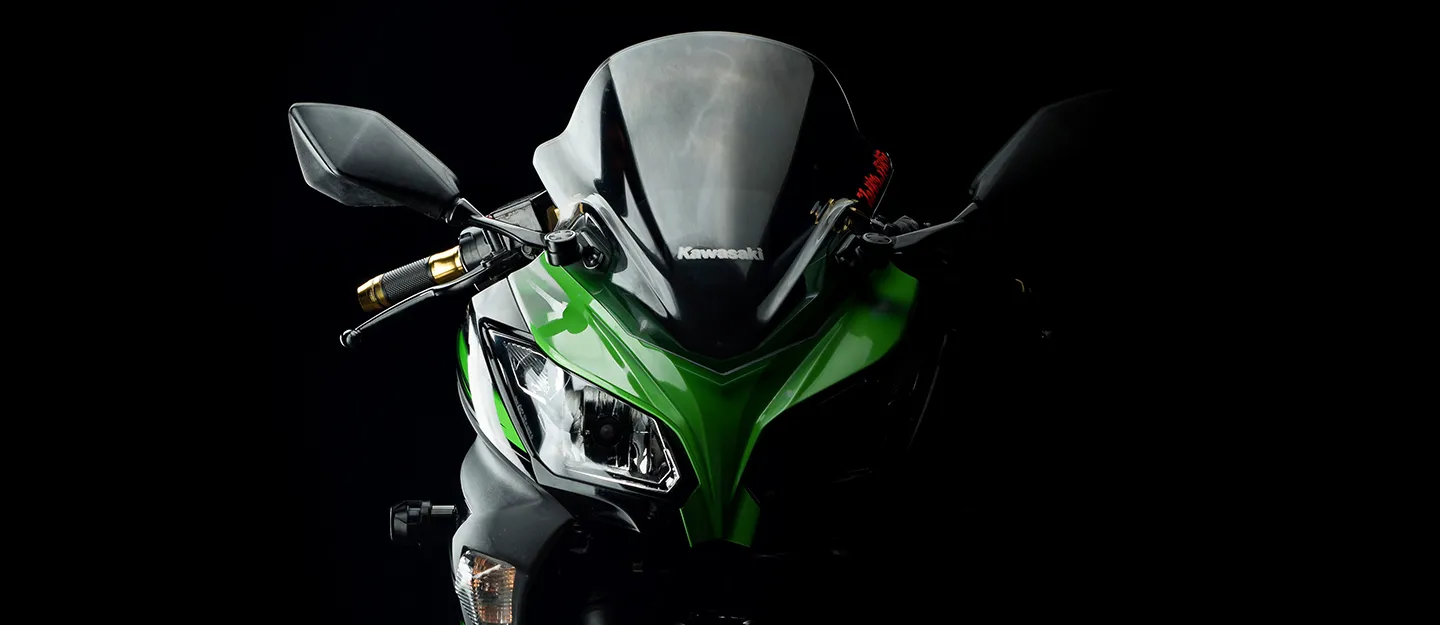
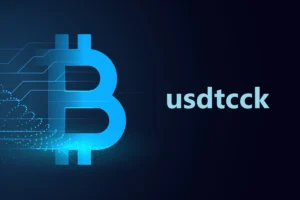










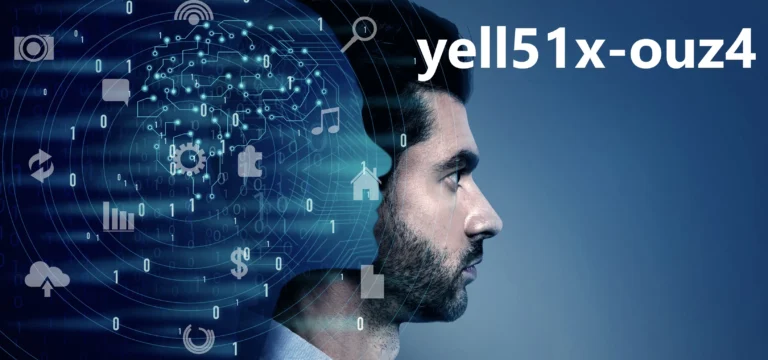


+ There are no comments
Add yours